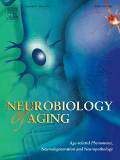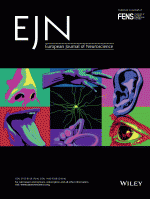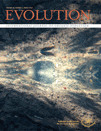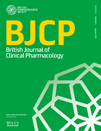 Four different journals have pulled papers from the same authors due to alleged duplication or manipulation of images.
Four different journals have pulled papers from the same authors due to alleged duplication or manipulation of images.
All four papers have two authors in common — Jianting Miao and Wei Zhang, both based at The Fourth Military Medical University in Xi’an City, Shaanxi, China. Many of the other co-authors are also listed in two or three of the retracted papers.
Miao claims that the photographs got “mixed up” due to the researchers’ “great carelessness” and “insufficient knowledge.” He told us:
Continue reading “Mixed up” images earn biologists four retractions








